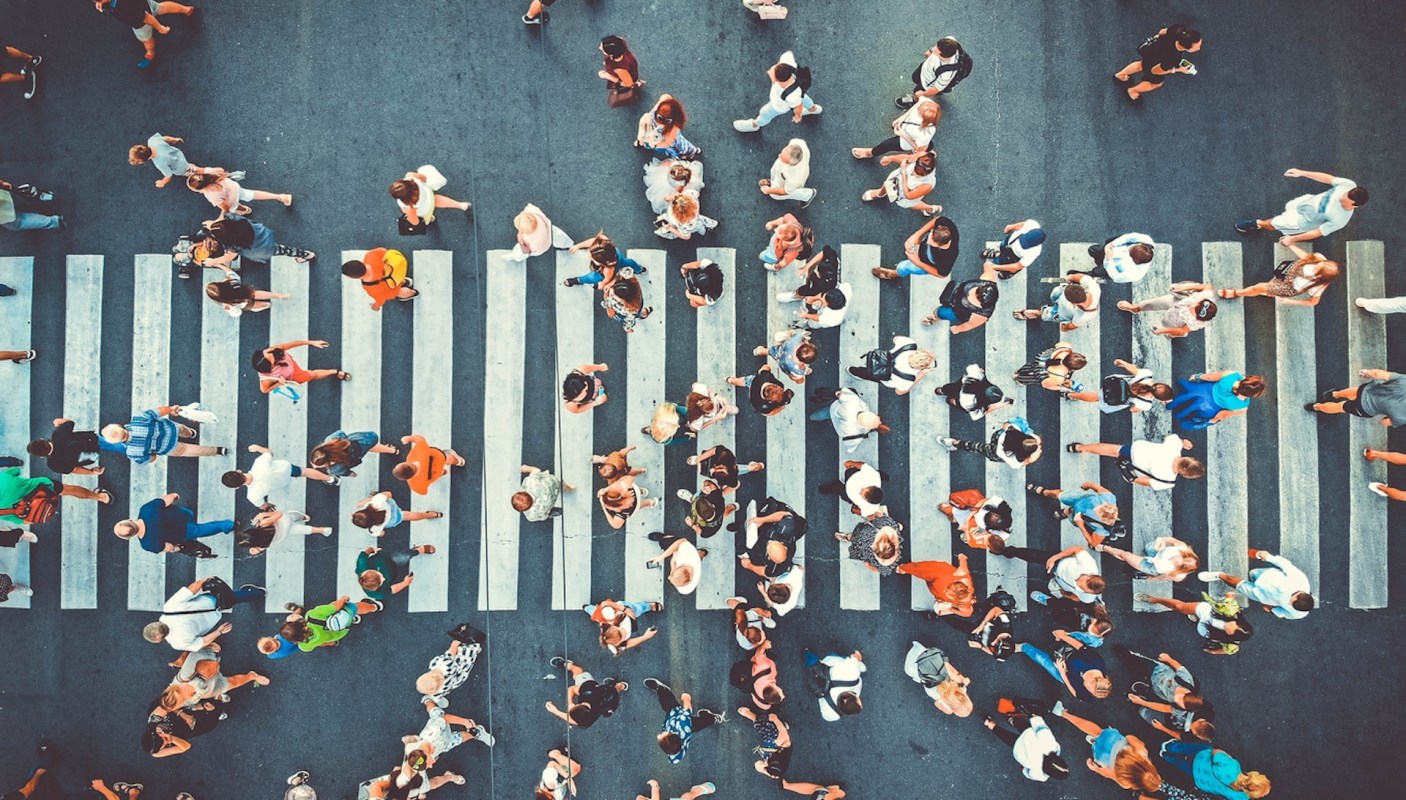The history of jaywalking is intriguing. After all, the streets used to be a place to gather, where vendors flourished, and even where children played.
Then, the Industrial Revolution came along with the rise of automobiles. Pedestrian deaths skyrocketed, as Vox reported. People were livid. They rightfully blamed the cars, demanding speed limits amongst other restrictions.
In retaliation and fear of losing sales, automakers, dealers, and enthusiasts joined forces to lobby for lawful pedestrian restrictions. Their goal was to clear the road for vehicles.
Campaigns in the 1920s by the auto industry and manufacturers aimed to criminalize jaywalking and redefine the streets. Much like how the auto industry tore down public transportation, their goal was to make their cars the kings of the road.
Posters, newspapers, and advertisements warned people against jaywalking using blame, shame, and ridicule, as Vox detailed. Even the origins of the term jaywalking suggest an act of a silly or unintelligent person, according to Merriam-Webster.
Pro-auto groups declared jaywalkers threatened public safety and were a nuisance. And so began the birth of modern-day traffic laws, streetlights, and roads.
This fight for the road forever changed transportation in America, which is now the largest source of air pollution in the U.S. from production to operation.
According to new analysis from researchers at Virginia Tech and Rutgers University, the U.S. has one of the lowest walking rates in the world, with only 12% of all trips taken being walked. It's even worse when you factor in that 30% of all trips taken in the U.S. are under 1.6 miles, as Big Think reported.
Gas-powered transportation is a major contributor to the overheating of our planet, accounting for almost 30% of all earth-warming air pollution in the U.S. annually. A report by the UN found that phasing out dirty energy for clean energy sources such as wind and solar is essential to healing our planet.
Walking or any other type of active transportation, when possible, is much better for our health and the planet.
Lewis Mumford, historian and author of "The Highway and the City," wrote in 1958 (according to Smithsonian Magazine), "When the American people … voted for a twenty-six-billion-dollar highway program … they hadn't the faintest notion of what they were doing."
In 2023, the Freedom to Walk Act went live in California, decriminalizing safely crossing the street outside of a crosswalk. Michael Schneider, founder of the Los Angeles group Streets for All, told The New York Times, "It's the start of taking the streets back and making them for people again."
Join our free newsletter for cool news and actionable info that makes it easy to help yourself while helping the planet.









